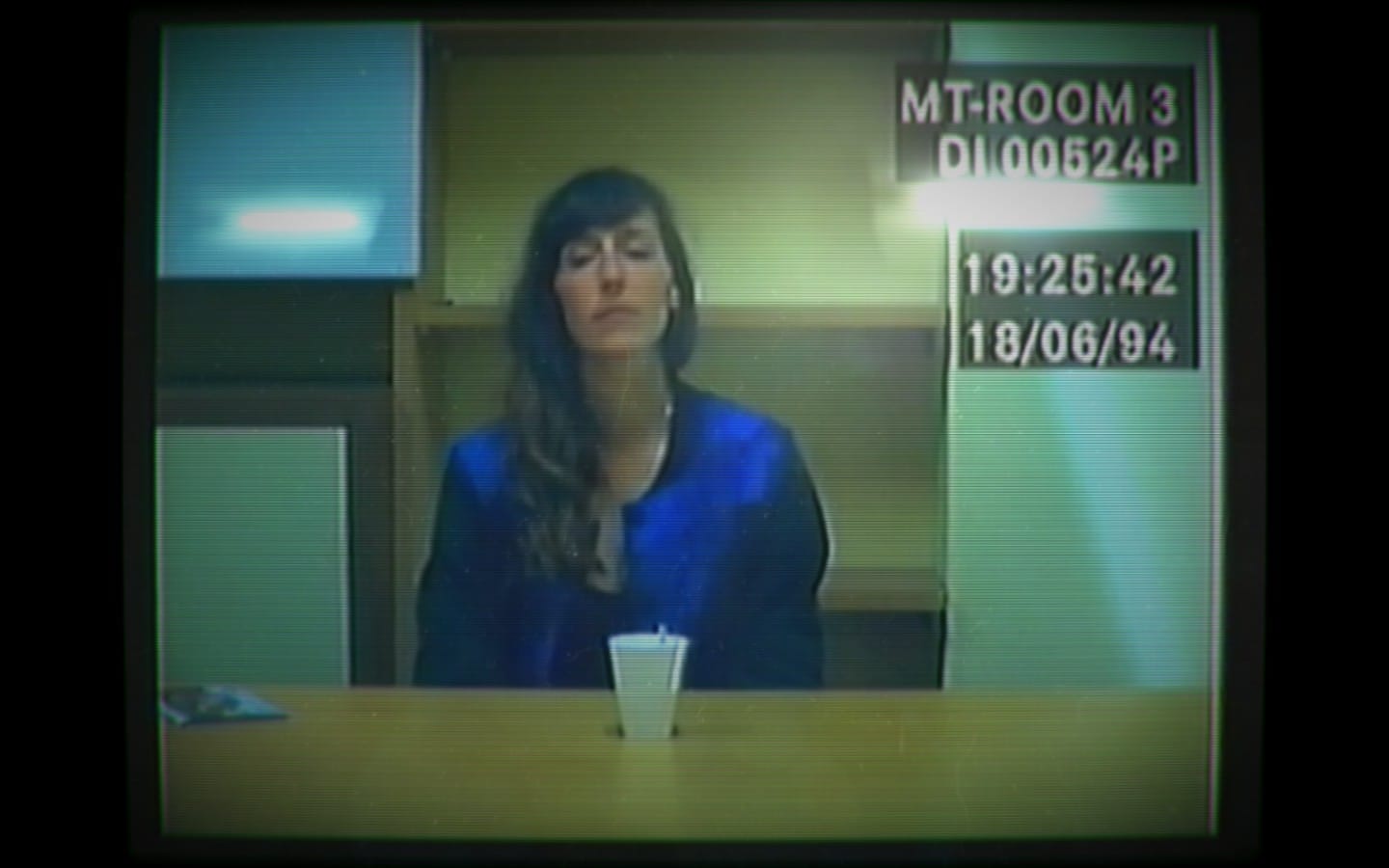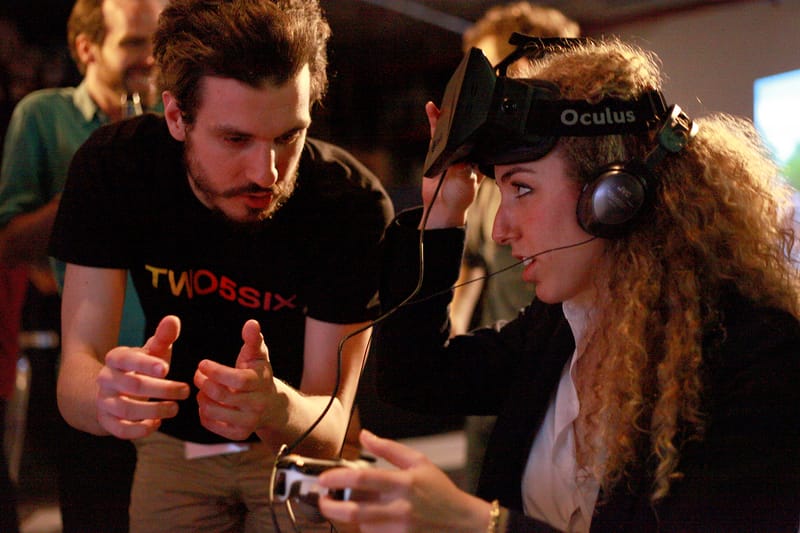This article is part of a series called Shut Up, Videogames, in which critic Ed Smith invites games old and new to pipe down, or otherwise. In this edition, he looks at today’s atmosphere of “gaming positivity” in games criticism.
Rather than challenged by the emergence of different games and different creative voices, I feel like the culture of blithe acceptance in the gaming industry has simply widened. Old reviews of shooters and sequels, scaffolded by a checklist of “graphics, gameplay, replay value,” are today lampooned even by the big sites—I think anyone with the sense to not leave comments on things they read on the internet understands that gaming criticism, for a long time, was simplistic and toothless. But still I find myself wincing at the superlatives and hyperbole that I and others have used to describe games, even in articles I’ve written in recent months. Still I see a paradigm—a mental model—of championing games beyond all reason, in the hope their false glory will reflect back to us, the critics, a sense of validation.
we’ve decided that it’s over now, that games have made it, that they’ve arrived
We want games to be creatively, artistically successful. If they are, we celebrate and fawn over them to nauseating extent. If they’re not—if some slight, twee, whimsical independent game has very little to say but at least looks nice, and makes us feel slightly warm inside, if even for a minute—we’ll insist it has credibility. Games sell more than music or films. Games attract talent from the world of cinema. Games can tell stories about adult things that will make you cry—we swear to God. The author is dead and there’s nothing I love to read (or write) more than a weighty, evidenced alternate interpretation of a scoffed at AAA videogame. But I sense, today, there’s an atmosphere of “gaming positivity.” It’s a dream shared among developers and critics for gaming to be wonderful, smart, happy and successful—a willingness to force smiles and wave flags, even though it’s not helping.

Gaming positivity isn’t bad. In a culture besieged by sexism, consumers and retrograde politics of all kinds, it’s healthy to remind ourselves—even if it takes a little blurring of our vision—that games are worth something, that we do our jobs, as writers or game-makers, for a reward additional to our salaries. It’s nice to be nice. And if a game contradicts our tiny, backward culture, and also makes it to sale, I consider that a small miracle. But the desperate, cloying praised lathered on froth like Her Story (2015); the laughable earnestness of the Emotional Game Awards; the shaky insistence, in articles and at presentations, that games can change your life. It seems like, as an industry, as a collective, as a whatever, we’ve decided that it’s over now, that games have made it, that they’ve arrived. Papo & Yo (2012) is art. The Vanishing of Ethan Carter (2014) is art. Brothers: A Tale of Two Sons (2013) is art. And if people don’t agree or don’t realize, it’s their fault, and we have the affected sincerity of a thousand editorials to prove ourselves right.
But whatever “it” is, games are miles off. In fact, there is no “it”—there is no objective finishing line over which games have crossed, or ever can cross. My problem with gaming positivity—this constant insinuation either tacit or direct that games are “better” than they once were—is that it assumes an end state, some kind of final evolutionary stage whereby artists and critics can rest easy. The spirit of blithe acceptance lives on in gaming positivity, only now disguised behind more sophisticated language. A smug, self-satisfaction has descended onto games. We have an independent scene, some slightly smarter mainstream releases and a game where you can play as a petal, and with that we seem satisfied. The tragedy, however, is that a lot of the truly great writing and games currently being published are being overlooked in favor of work that better suits a chirpy, videogame-positive zeitgeist.
But whatever “it” is, games are miles off
I find it frustrating that Everybody’s Gone to the Rapture (2015), because it’s inoffensive and beautified and unambiguously “emotional,” is a more recognized marker of gaming’s current state than Off-Peak (2015), or Actual Sunlight (2013). I find it troubling that, in search of games and images that can be easily used to sell the idea that games are artistically valuable or emotionally… something, critics, developers, and the industry at large passes over genuine creatives. It’s not the caustic, penetrating work of Cosmo D that gets nominated for BAFTAs, but the showy, wholesome output of The Astronauts and The Chinese Room. Gaming positivity latches onto the easiest sells and the simplest pleasures and then tells us games are either going somewhere or, even worse, have already arrived. But videogames are not a person, a friend or an extension of ourselves—their success isn’t, or shouldn’t be, our gratification. And a consensus that games are “better now” has the same effect as those febrile reviews from back in the 90s, the ones we so smugly like to mock: it leads to a cultural vacuum, an unwillingness to create and a moratorium on change.





